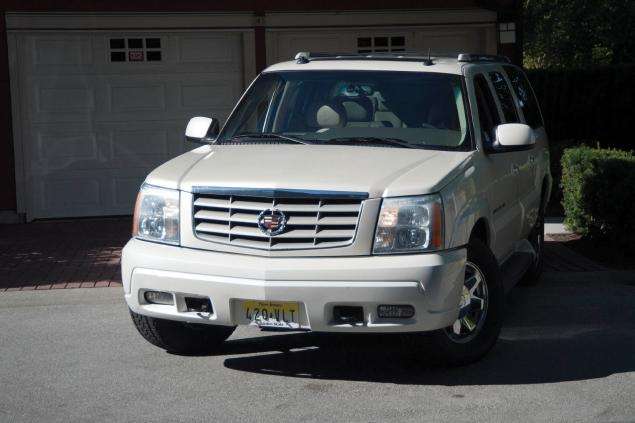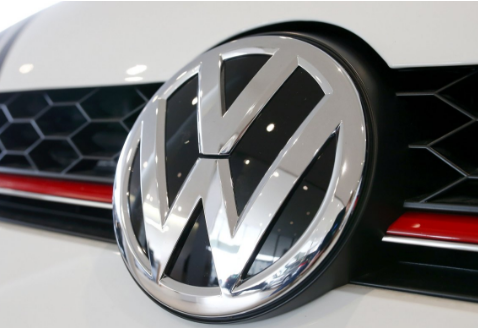Now Reading: General Motors sales in China go into reverse as market stalls
-
01
General Motors sales in China go into reverse as market stalls
General Motors sales in China go into reverse as market stalls

General Motors quarterly sales in China dropped for the first time in more than a year, struck by faltering economic growth and a wider slowdown in the world’s biggest auto market in middle of a whipsawing trade war with the United States.
The U.S. automaker sold 835,934 vehicles in the third quarter ended September, decrease of 14.9 percent from a year previously, which the firm said was because of a “softening” vehicle market and issues moving to a new engine system with its Buick brand.
“The major factors are a softening market, slowing lower-tier cities, Buick’s engine change-over and a strong Q3 last year,” stated a Shanghai-based GM spokeswoman. She also said that the fall was not linked to trade tensions.
The fall marks the maiden drop since the first quarter of last year, when GM’s China sales dropped 5.2 percent. GM switched to reporting only quarterly China sales earlier this year, scrapping monthly sales data it had previously revealed.
China’s automobile sales have been dropping more broadly in recent months, with a slowing economy and trade frictions making customers cautious about spending, an industry body stated last month.
GM has been moving its Buick cars to a new type of more effective three-cylinder engine to fulfill emissions targets, which Chinese dealers informed Reuters had hit sales as consumers were not yet convinced by the smaller engines.
“Many consumers still have concerns because they read negative comments about three-cylinder technology online, which aren’t really fair,” stated a sales manager surnamed Hu at a Buick dealer in Zhejiang province.
China, the world’s largest auto market, is critical for the U.S. automaker. It sold more than 4 million vehicles in the country in 2018, even more than it sold in the North Americas market.
GM’s sales in China increased 0.7 percent in the second quarter of the year, slowing from an 8 percent increase in the January-March quarter.
GM’s joint venture in China, Shanghai GM, is also going to recall over 3.3 million Buick, Chevrolet and Cadillac vehicles from October 20 because of a defect with the suspension system, a Chinese regulator stated earlier this month.
China’s main auto industry body, the China Association of Automobile Manufacturers (CAAM), is set to unveil September auto sales later this week.
Stay Informed With the Latest & Most Important News
Previous Post
Next Post
-
 01Polestar Boss Says It’s Time To Outrun BMW M And Mercedes-AMG
01Polestar Boss Says It’s Time To Outrun BMW M And Mercedes-AMG -
 02Spy Shots: 2027 Mitsubishi Pajero Spotted in Testing Ahead of Possible U.S. Return
02Spy Shots: 2027 Mitsubishi Pajero Spotted in Testing Ahead of Possible U.S. Return -
 032026 Toyota Hilux EV: A Powerful Truck with Silent Torque
032026 Toyota Hilux EV: A Powerful Truck with Silent Torque -
 04Spy Photos: VW ID. Polo GTI Goes Electric with 223 HP and 280 Miles of Range
04Spy Photos: VW ID. Polo GTI Goes Electric with 223 HP and 280 Miles of Range -
![2027 Mercedes-Benz S-Class Debuts with V8 Engine [Photo Gallery]](https://speedlux.com/wp-content/uploads/2026/01/2027-Mercedes-Benz-S-Class-33-155x125.jpg) 052027 Mercedes-Benz S-Class Debuts with V8 Engine [Photo Gallery]
052027 Mercedes-Benz S-Class Debuts with V8 Engine [Photo Gallery] -
 06The Controversial Ford Voodoo V8 That Was Killed Off Too Early
06The Controversial Ford Voodoo V8 That Was Killed Off Too Early -
 07Hyundai Palisade’s Breakout Year Shows How Quickly the Market Can Turn
07Hyundai Palisade’s Breakout Year Shows How Quickly the Market Can Turn



![2027 Mercedes-Benz S-Class Debuts with V8 Engine [Photo Gallery]](https://speedlux.com/wp-content/uploads/2026/01/2027-Mercedes-Benz-S-Class-33-700x394.jpg)











































